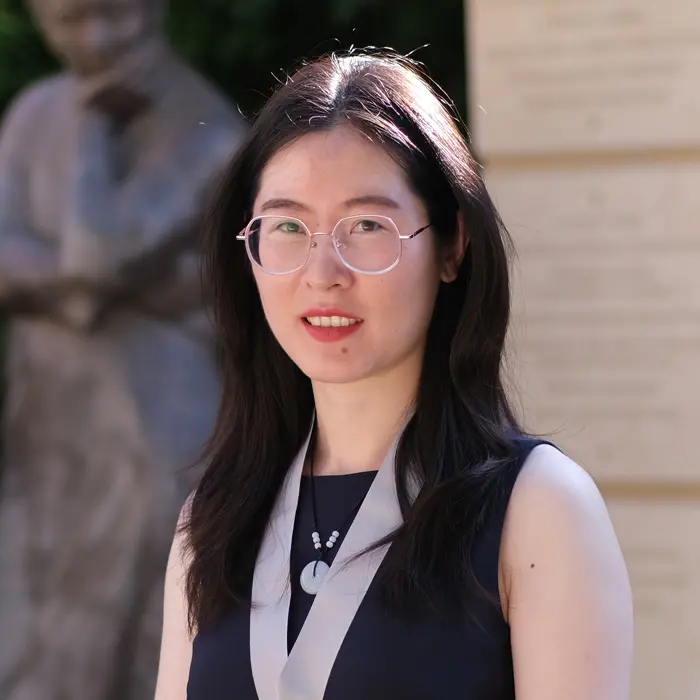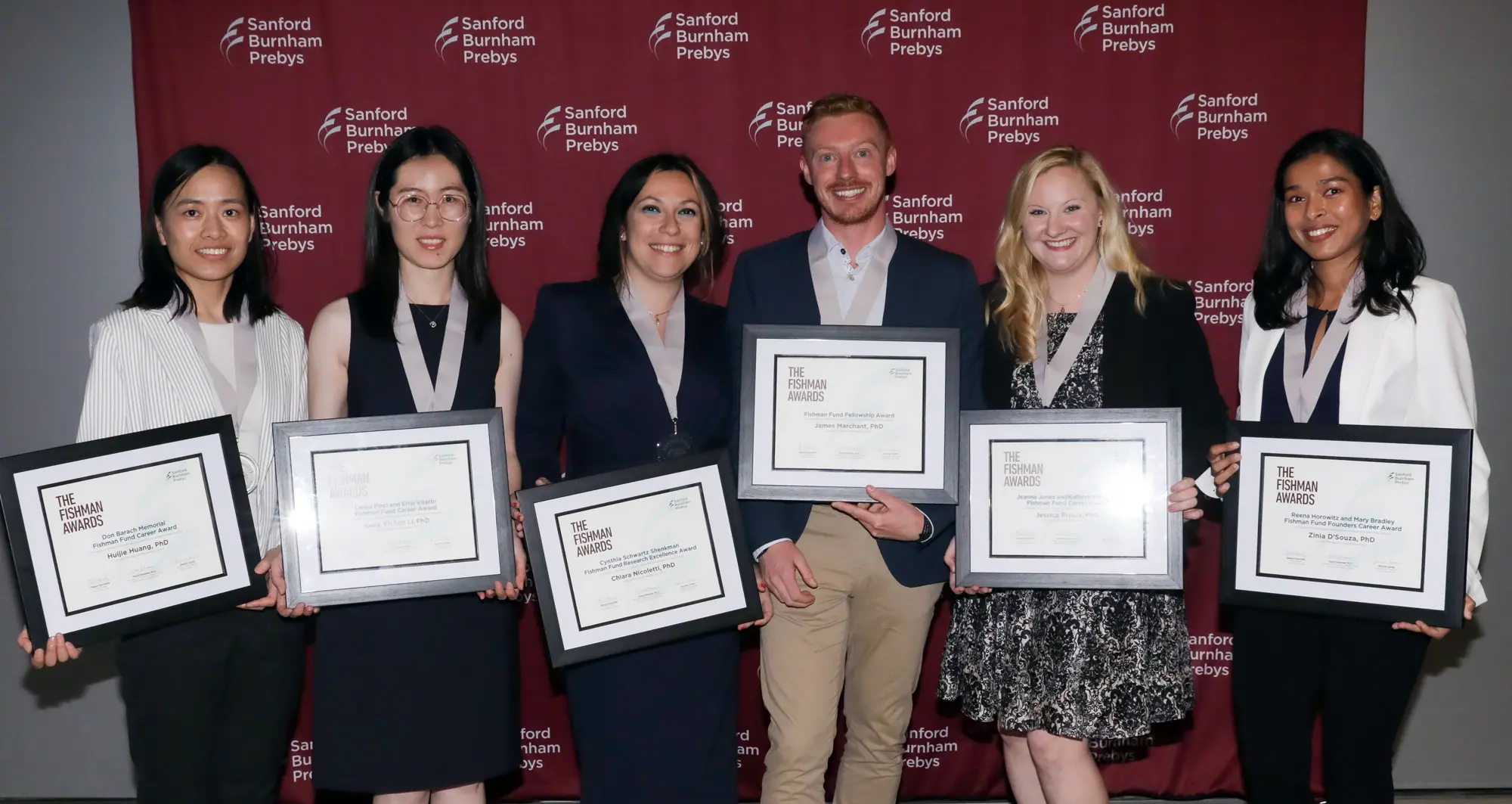Six young scientists at Sanford Burnham Prebys, whose research spans genetic disorders, Alzheimer’s disease, heart failure and aging, were honored September 17 at the 23rd annual Fishman Fund awards ceremony.
The Fishman Fund was created in 2001 by Sanford Burnham Prebys supporters Mary Bradley and Reena Horowitz to honor Dr. William and Mrs. Lillian Fishman, who founded the institute in 1976. In 2010, Jeanne Jones became a co-founder designee.
The awards are intended to support and promote early career scientists at Sanford Burnham Prebys. Four career development awards provide $10,000 stipends that can be used to attend workshops, network and travel to national and international conferences to learn about the latest developments in their research fields. In addition, the prizes include a two-year fellowship award, and an honor focused on rewarding research excellence. The fund is made possible through the generosity of many donors.
The ceremony, which included poster presentations, was held at the Sanford Consortium for Regenerative Medicine. The 2024 recipients are:
Reena Horowitz and Mary Bradley Fishman Fund Award
Zinia D’Souza, PhD, is a postdoctoral associate in the laboratory of Hudson Freeze, PhD, director of the Sanford Children’s Health Research Center and the director of the Human Genetics Program.Her research is focused on identifying new congenital disorders of glycosylation (CDGs), rare disorders caused by mutations that impair glycosylation—the complex process by which cells build long sugar chains that are attached to proteins called glycoproteins. D’Souza also works to uncover how these rare genetic mutations cause the observed symptoms.
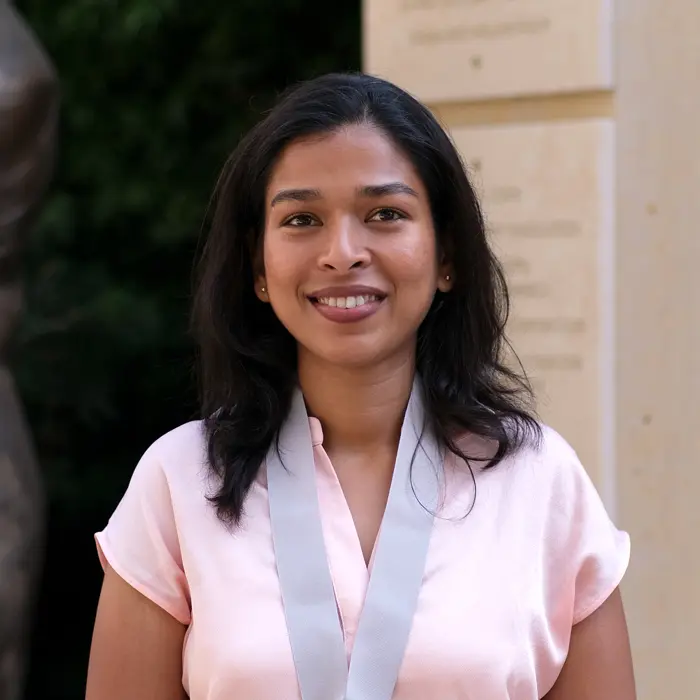
Don Barach Memorial Fishman Fund Award
Huijie Huang, PhD, is a postdoctoral associate in the lab of Timothy Huang, PhD, an assistant professor in the Degenerative Diseases Program. Her research focuses on uncovering the fundamental causes of Alzheimer’s disease AD), a pressing public health concern as the U.S. population ages and faces an increased risk of this leading cause of dementia. Specifically, she studies the SORL1 (SORLA) gene, a known risk factor for sporadic early- and late-onset AD. Huang believes that developing treatments to boost SORLA’s beneficial effects may prove to be an innovative treatment approach.
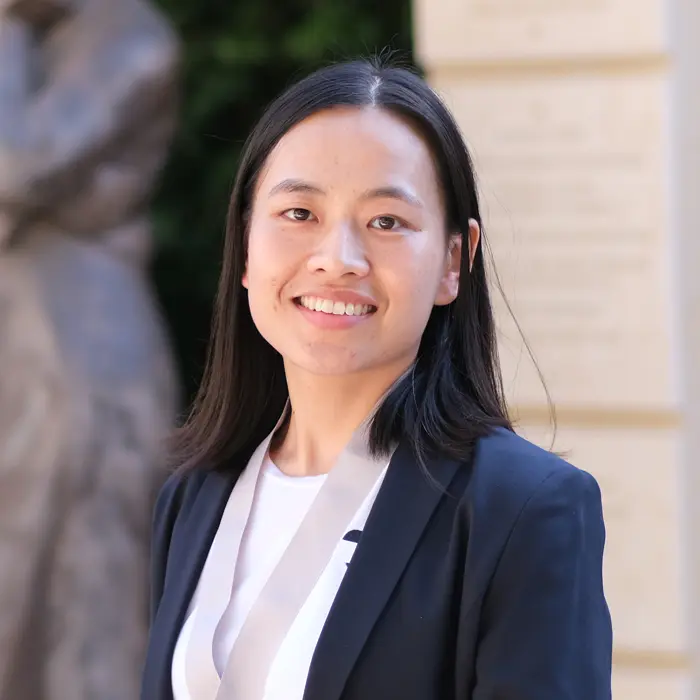
Fishman Fund Fellowship Award
James Marchant, PhD, is a postdoctoral associate in the lab of Alexandre Colas, PhD, an associate professor in the Development, Aging and Regeneration Program. His research focuses on developing a gene therapy to treat heart failure. Heart attacks reduce blood and oxygen flow to heart muscle, leading to scar tissue that can increase the risk of future attacks. Marchant aims to convert cells within this scar tissue back into healthy muscle cells.
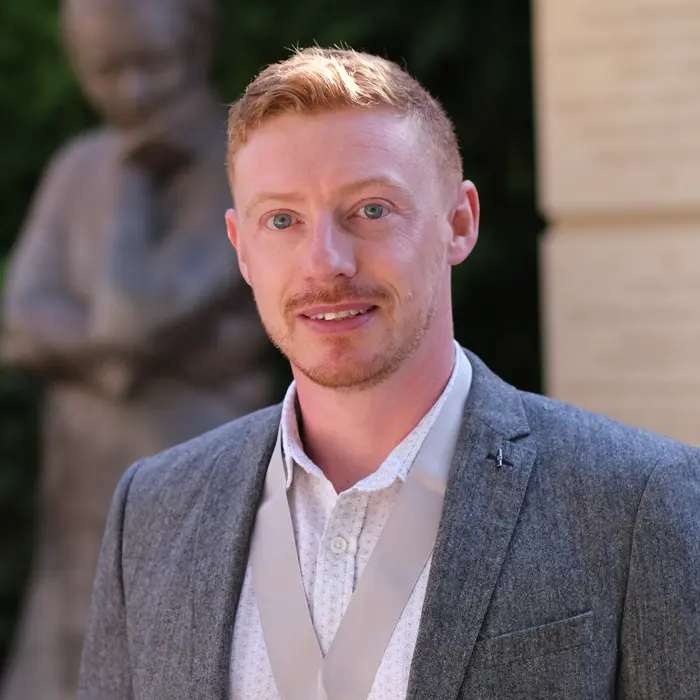
Cynthia Schwartz Shenkman Fishman Fund Research Excellence Award
Chiara Nicoletti, PhD, is a postdoctoral associate in the laboratory of Pier Lorenzo Puri, MD, co-director of the Development, Aging and Regeneration Program. She studies epigenetic patterns, which are genetic changes that don’t alter DNA itself yet modify how genes are expressed to make proteins or other products. She studies epigenetic patterns in skeletal muscle development and disease. Nicoletti hopes to help develop personalized medicine tools for patients suffering from muscular dystrophy.
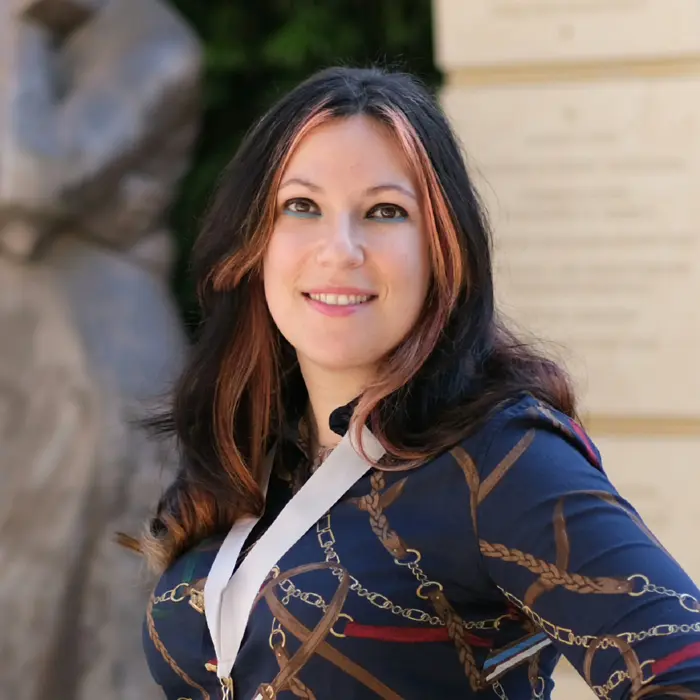
Jeanne Jones and Kathryn Fishback Fishman Fund Award
Jessica Proulx, PhD, is a postdoctoral associate working in the lab of Peter D. Adams, PhD, director of the Cancer Genome and Epigenetics Program. Proulx investigates how aging alters our bodies at the cellular and molecular levels, a key factor in the increased risk for diseases such as cancer, neurodegenerative disorders, cardiovascular disease and metabolic conditions like type 2 diabetes. She uses biological techniques that study the entire landscape of a sample’s genes, proteins or other features. Her work seeks to identify underlying changes that predispose an aged liver to liver disease and liver cancer.
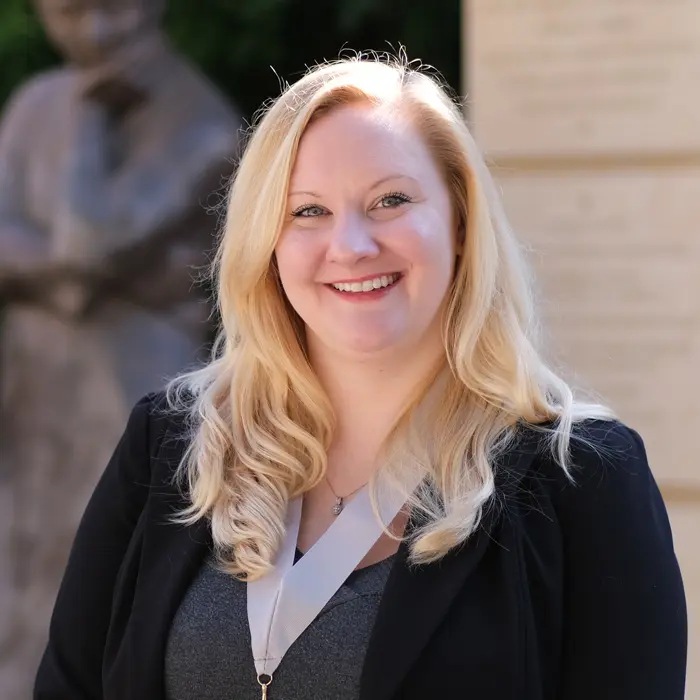
Lenka Finci and Erna Viterbi Fishman Fund Award
Kelly Yichen Li, PhD, is a postdoctoral associate in the lab of Kevin Yip, PhD, a professor in the Cancer Genome and Epigenetics Program and the director of the Bioinformatics Shared Resource. She studies a phenomenon called cellular senescence that is associated with aging. Senescent cells no longer grow and divide, which can reduce the growth of cancer, but the condition is also associated with chronic inflammation and age-related diseases. Yichen LI is working to find molecular signatures of senescence to advance aging research, treatments and diagnostics.
